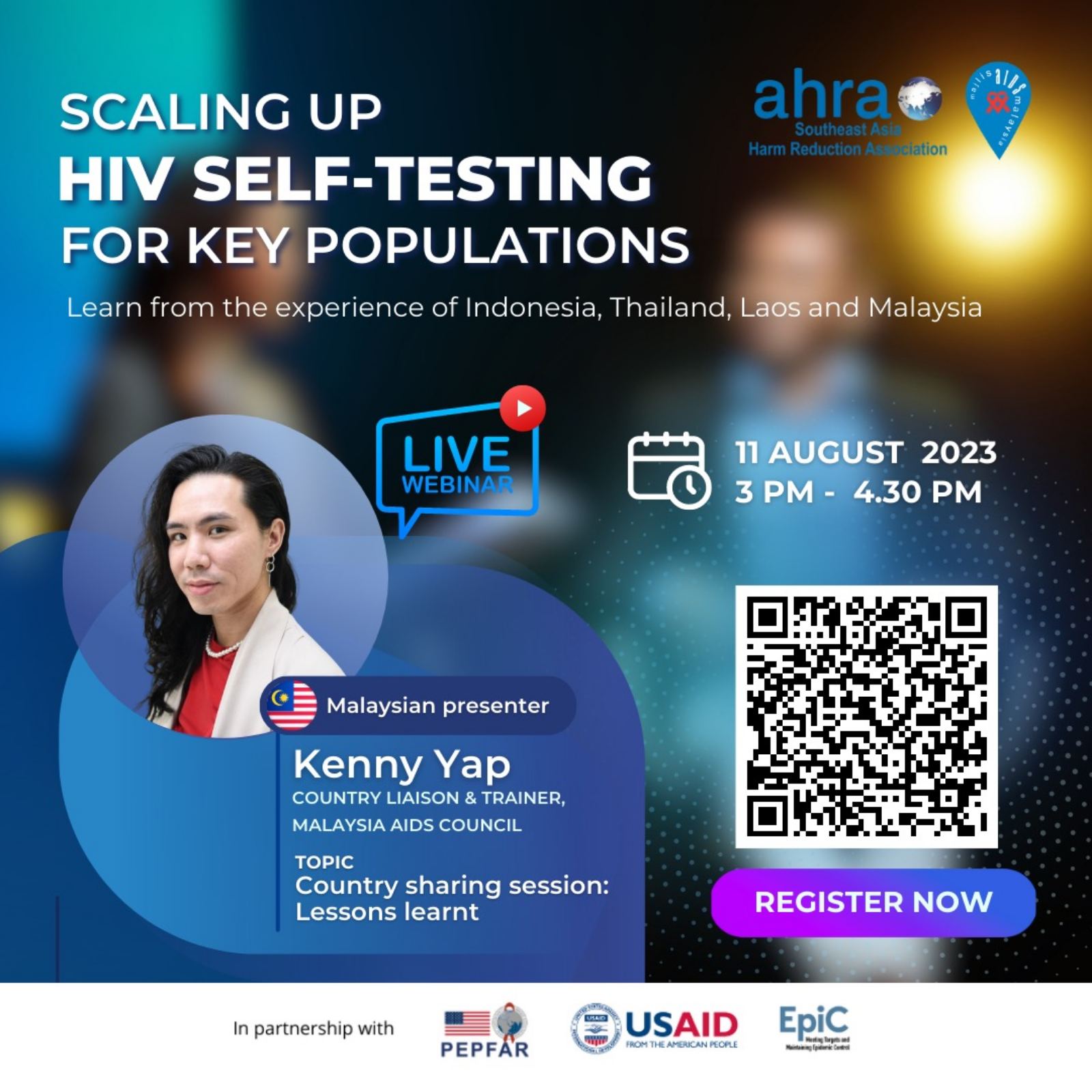Drug Consumption Rooms (DCRs), also known as Supervised Injection Facilities (SIFs) or Safe Injection Sites, are specialized healthcare facilities where individuals can consume illicit drugs under the supervision of trained staff. These rooms are designed to provide a safe and hygienic environment for drug use, with the primary goals of reducing harm, preventing overdose deaths, and promoting health and social services access.
In a Drug Consumption Room, individuals can bring their own drugs and use them in a designated space equipped with sterile equipment and resources such as clean needles, syringes, and disposal containers. Trained healthcare professionals or support workers are present to provide assistance, monitor for potential overdoses, and offer information and counseling on safer drug use practices, treatment options, and other health and social services.
The key benefits of Drug Consumption Rooms include:
- Overdose prevention: Trained staff are available to respond promptly in case of overdose, providing life-saving interventions such as administering naloxone (an overdose-reversal medication) and calling emergency medical services.
- Harm reduction: DCRs promote harm reduction by offering sterile equipment, reducing the transmission of bloodborne infections (e.g., HIV and hepatitis), and providing information on safer drug use practices.
- Health promotion and education: DCRs serve as entry points to connect individuals with healthcare services, counseling, and treatment options. They offer opportunities for education on drug-related risks, infectious diseases, and access to resources for addressing substance use disorders.
- Community safety: DCRs can help reduce public drug use and related litter by providing a designated and controlled environment for drug consumption.
DCRs operate within a legal and regulatory framework specific to each jurisdiction. They are often implemented as part of a comprehensive harm reduction strategy alongside other services such as drug treatment, needle and syringe programs, and outreach initiatives. The effectiveness and impact of DCRs in reducing overdose deaths, improving public health outcomes, and addressing the broader social consequences of drug use have been documented in numerous studies and evaluations worldwide.

